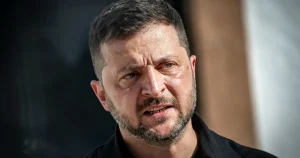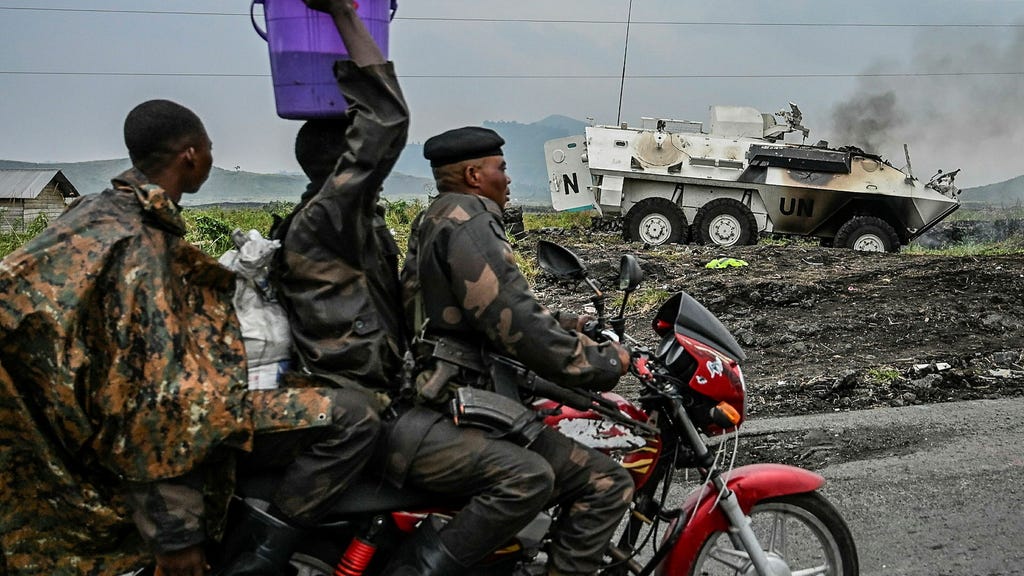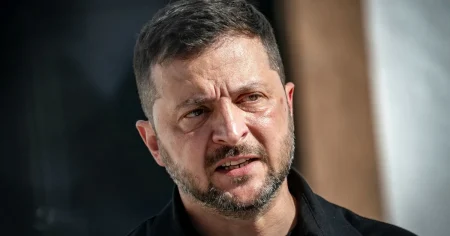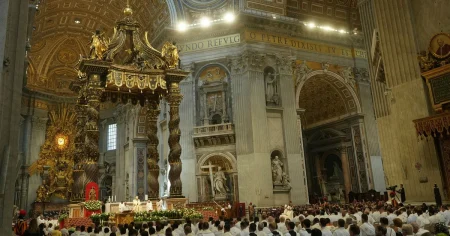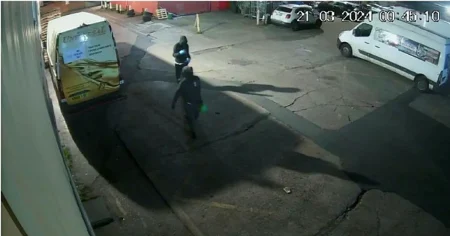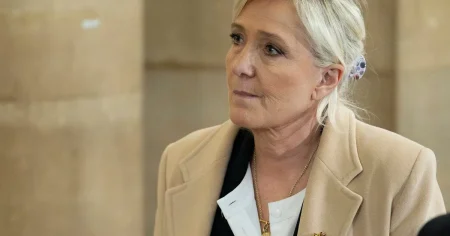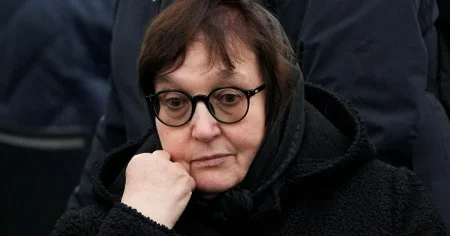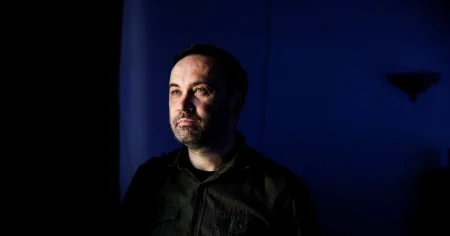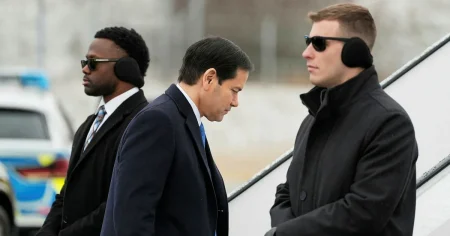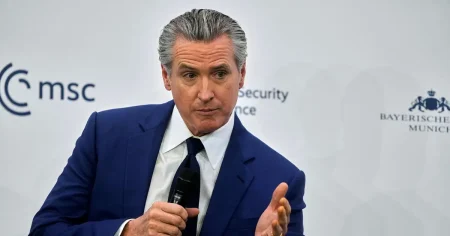The United Nations Security Council convened an emergency meeting on Sunday to address the escalating crisis in the Democratic Republic of Congo (DRC), sparked by a resurgence of the M23 rebel group and allegations of Rwandan involvement. UN Secretary-General António Guterres opened the session with a stark warning, urging Rwanda to withdraw its forces from Congolese territory and cease its support for the M23 rebels, whom he strongly condemned. This call to action underscored the gravity of the situation and the international community’s growing concern over the destabilizing impact of the conflict on the region.
The DRC’s representative, Foreign Minister Thérèse Kayikwamba Wagner, directly accused Rwanda of invading the country, claiming that Rwandan troops had crossed the border in broad daylight, a blatant violation of the DRC’s sovereignty. She characterized this action as a ”declaration of war,” reflecting the heightened tensions and the breakdown of diplomatic relations between the two countries. The DRC’s decision to sever ties with Rwanda just hours before the Security Council meeting further emphasized the deteriorated state of affairs and the urgent need for international intervention.
The M23 rebel group, which has gained significant ground in recent months, is reportedly besieging the strategic city of Goma, home to approximately two million people and a hub for international aid organizations and peacekeeping operations. The closure and evacuation of Goma’s international airport due to security concerns underscored the escalating threat posed by the rebels’ advance. Furthermore, reports of a Rwandan drone attack north of Goma, resulting in casualties, added another layer of complexity to the already volatile situation. The increasing violence and instability threaten to further exacerbate the humanitarian crisis in eastern DRC.
The conflict has already claimed the lives of at least thirteen foreign peacekeepers, including seven South Africans, highlighting the dangers faced by those working to maintain peace and stability in the region. Despite mounting evidence and accusations, Rwanda, under President Paul Kagame, continues to deny any involvement in the conflict or support for the M23 rebels. However, UN experts estimate the presence of around 4,000 Rwandan soldiers within Congolese territory, contradicting Rwanda’s official stance and raising serious questions about the veracity of their claims.
The M23 rebel group, formed over a decade ago, is composed partly of Tutsi fighters who deserted the Congolese army. Their latest offensive has established them as a dominant force among the numerous rebel groups operating in the mineral-rich but economically and humanitarily devastated eastern DRC. With an estimated 100 rebel groups active in the region, the conflict is multifaceted and deeply entrenched, posing a significant challenge to peace and stability. The M23’s resurgence and territorial gains threaten to further destabilize the region and exacerbate the existing humanitarian crisis.
The humanitarian consequences of the ongoing conflict are dire. Approximately 400,000 people have been displaced within the provinces of North and South Kivu, adding to the nearly six million already displaced across four eastern provinces of the DRC. The escalating violence, coupled with the displacement of such a large population, is putting immense strain on already stretched humanitarian resources. The international community must act decisively to address the root causes of the conflict, hold those responsible accountable, and provide much-needed humanitarian assistance to the affected populations. The situation in eastern DRC remains precarious, and without a concerted and coordinated international effort, the crisis risks spiraling further out of control, with devastating consequences for the Congolese people.


